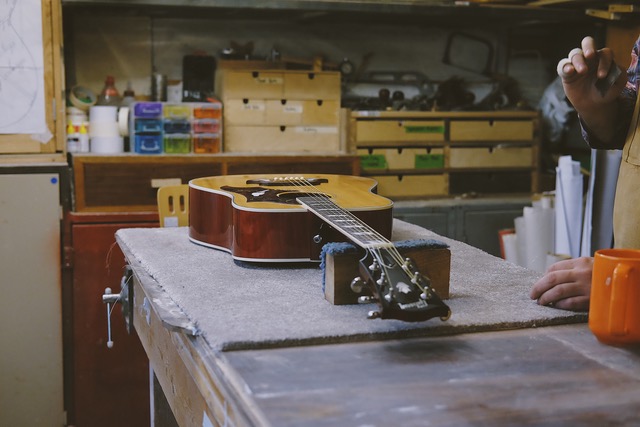As a musician, your instrument is your lifeline. Whether you play professionally or as a hobby, you know how important it is to have an instrument that works flawlessly. However, like any other tool, musical instruments require regular maintenance and repairs to stay in top condition. In this blog post, we’ll discuss why regular instrument maintenance and repair are crucial to ensuring your instrument performs at its best.
Why Regular Maintenance Is Essential
Regular maintenance ensures that your instrument stays in good condition and functions optimally. Just like a car needs regular oil changes and tire rotations, your musical instrument needs care and attention. Regular maintenance can help prevent minor issues from becoming major problems that require costly repairs. Additionally, it can extend the lifespan of your instrument, allowing you to enjoy playing it for years to come.
Common Maintenance Tasks
The specific maintenance tasks your instrument requires will depend on the type of instrument you have. However, some common maintenance tasks include:
- Cleaning: Keeping your instrument clean is important not just for aesthetic reasons, but also for its performance. Dust, dirt, and grime can accumulate on your instrument, affecting its sound quality and playability.
- Replacing strings: Strings can break or lose their tone over time. Replacing them regularly can help ensure that your instrument sounds its best.
- Tuning: Tuning your instrument regularly is crucial to ensuring it stays in tune and sounds good.
Why Repairs Are Necessary
No matter how well you take care of your instrument, it will eventually need repairs. This could be due to normal wear and tear or a specific issue, like a broken string or a crack in the body. Ignoring these issues can lead to bigger problems down the line, potentially resulting in costly repairs or even rendering your instrument unusable.
Common Repair Tasks include:
- Replacing broken parts: If a part of your instrument breaks, it will need to be replaced. This could include anything from a broken guitar string to a cracked violin bridge.
- Fixing cracks: Cracks in the body of your instrument can affect its sound quality and playability. Repairing them as soon as possible can help prevent further damage.
- Adjusting the action: The action refers to the distance between the strings and the fretboard. If the action is too high or too low, it can affect the playability of your instrument.
When to Seek Professional Help
While there are some maintenance tasks you can do on your own, there may be times when you need to seek professional help. For example, if you’re not comfortable adjusting the action on your guitar or restringing your violin, it’s best to leave it to a professional. Additionally, some repairs require specialized tools or knowledge that you may not have.
Finding a qualified instrument repair technician is essential to ensuring your instrument is repaired properly. Look for someone who has experience with your specific type of instrument and has a good reputation in the community. You can also ask for referrals from other musicians or your local music store.
Taking care of your musical instrument is a key part of being a musician. By understanding the importance of regular maintenance and repair, you can ensure that your instrument performs at its best and lasts for years to come. Remember to keep up with routine maintenance tasks, address any issues promptly, and seek professional help when needed. With proper care and attention, your instrument will continue to bring joy and inspiration to your music for many years to come.
For more information on instrument repairs, contact On-Stage Rentals, Inc. at: 626-339-7100 or email us.

